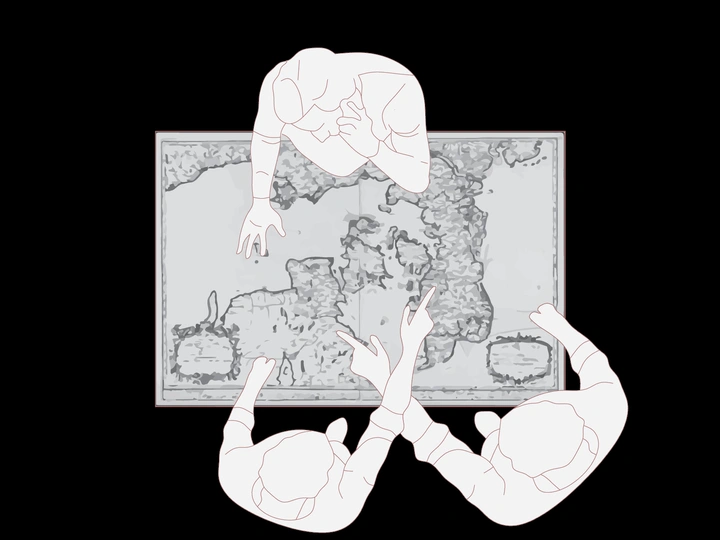Decolonizing and Depatriarchalizing City Making

I am an empathetic architect/researcher with a passion for democratizing the design process, a deep interest in decolonization and ecofeminism, and a material approach driven by human/non-human participatory practices. Born in the Global South in Pakistan, I received my Bachelors in Turkey, my Masters in Germany, and am currently based in Denmark; thus, I have developed not only global perspectives on modernity and the climate crisis but also trans-European ones.
I have a strong analytical background in Participatory Action Research, Urban Commoning and Co-creation with first hand experience implementing these approaches in urban and artistic projects in Copenhagen, Düsseldorf and Islamabad. My architectural background is supplemented by studies in Political Science, Sociology and Ecology.
This multidisciplinary curiosity is what drove me to write my Master’s thesis in democratic architecture and participatory design; and it cemented my position that a just and inclusive placemaking can only be one where design, development, reflection, and implementation are pluralistic and citizen-driven. I bring these critical knowledge(s) into practice in my ongoing work with Rotterdam Presenta in Düsseldorf where we explore theater with audiences (including physically challenged ones), experts, and contemporary performers through construction talks that make use of critical conversations, more-than-human mappings and workshops. We generate actionable knowledge built on nuanced understandings and insights that are now foundational principles for the theater. My work in Copenhagen on the urban transformation of a neighborhood through Participatory Research has also given me insights into public bodies and institutional stakeholders.
My current research focus is on colonial and patriarchal logics in present-day Danish city making, decolonization and depatriarchalizing of city making practices, and imagining ecologically just and pluralistic alternatives.
The motivation behind my proposal is to uncover the discourse and practice behind present-day city making in Copenhagen, and to shed light on the knowledge(s), assumptions, truths, and power exercises from an ecofeminist and decolonial lens. Recently, the threat of climate change has become the central focus of academic and political debate internationally as well as in Denmark. Conversely, Copenhagen is being extended further into the sea with a mandate that emerges from the democratic sphere and harmoniously incorporates private actors in the production process; the result, as indicated by experts, being the destruction of eelgrass forests in the sea, daily emissions of several tons of CO2, as well as the private neo-liberal development of housing. These practices point towards a certain world-view regarding the very ‘nature of the world’ and of ecology itself; one that is fed by a discourse built on scientific knowledge, power relations between human and non-human entities, and assumptions about ‘man’s place on earth.’
The construction of an artificial island highlights a discourse of democratic power in Denmark itself; one that marginalizes certain knowledges in favor of others and gives voice to certain beings while silencing others. It also lays bare the mechanisms through which the ecology is transformed, the sea is terraformed, that marginalizes human and non-human actors, and negotiates with particular interests while suppressing others. I aim to trace these mechanisms back to the historic subjugation of women and the colonization of the non-European world to find their incompatibility with notions of human and non-human justice and inadequacy to tackle the climate crisis.
My proposal wants to answer how decolonization and ecofeminism can create an ecologically just design future by scrutinizing the dominant discourse of the artificial island and exploring participatory approaches, radical pedagogies and pluralistic knowledges as possible remedies.